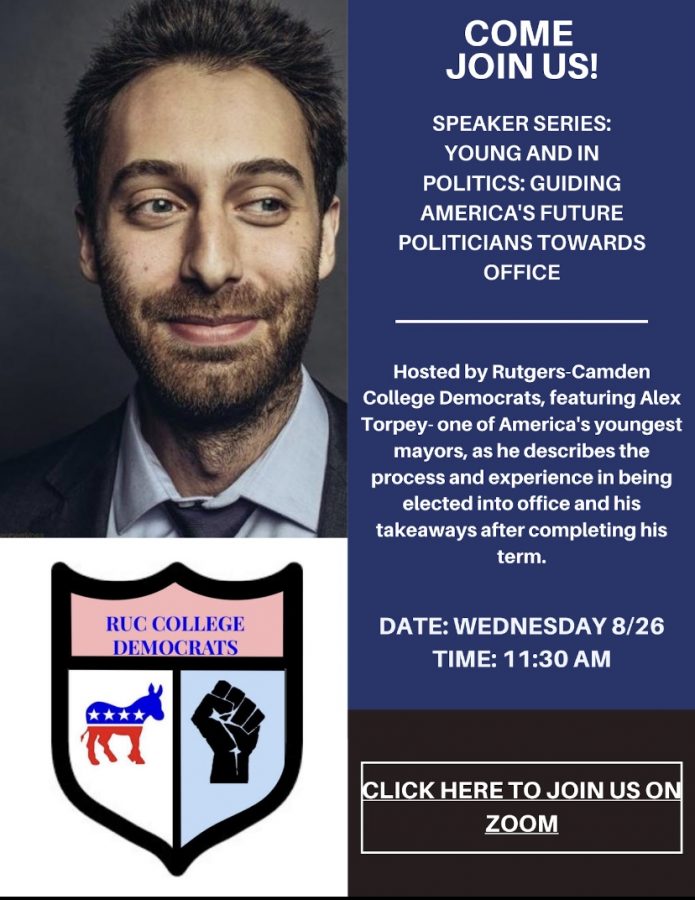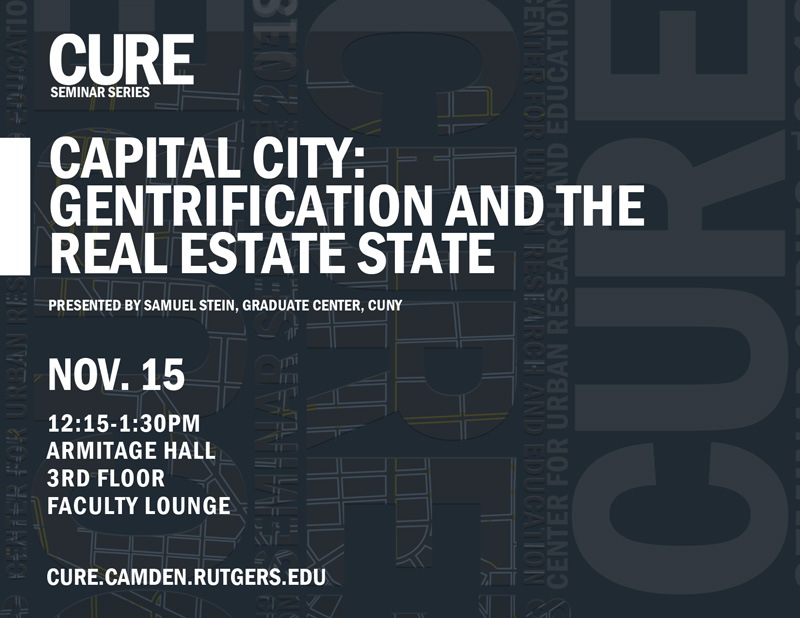CURE co-sponsored the 3rd Summit for Civil Rights which was held remotely, and presented by the University of Minnesota Law School in Minneapolis, The Workers’ Rights Institute at Georgetown University Law School, The Journal of Law and Inequality at the University of Minnesota Law School in Minneapolis, and Building One America.
The online event featured many powerful speakers, including:
• Attorney General Keith Ellison, Minnesota,
• Congressman Robert C. Scott, U.S. House of Representatives, Virginia,
• Keeanga-Yamahtta Taylor, Ph.D., author, activist, & Assistant Professor of African American Studies at Princeton University,
• Richard L. Trumka, President of the AFL-CIO,
• Prentiss Dantzler, Assistant Professor in the Urban Studies Institute at Georgia State University, graduate of the PhD program in Urban Affairs at Rutgers University in Camden/ his dissertation was supervised by CURE director Paul Jargowsky), and many others. For a complete list of speaker and their bios,
visit: https://summitforcivilrights.org/speakers/2020
For the past three years, the Summit for Civil Rights has convened multi-racial and intergenerational gatherings of some of the nation’s top civil rights leaders from labor, faith, academia, law and government to respond to the dangerous intersection of enduring racial disparities, widening economic inequality, and rising political polarization in our society. The 3rd national Summit for Civil Rights continued to focus on these timely topics that have only intensified with the pandemic and been courageously amplified by the protesters.
The Summit was broken down into four distinct but interrelated discussions over the course of the two days (see topics below). While much of the attention was appropriately aimed at calls for sweeping police reform, the Summit for Civil Rights examined some of the deeper, historical
structures of racial apartheid in American’s institutions and their meaning, especially at this critical time, for working people of all backgrounds, for political action, multi- racial power, and a meaningful and transformative policy agenda.
We have witnessed an extraordinary outpouring of anger, outrage and solidarity across the nation, sparked by the killing of an unarmed Black man by a Minneapolis police officer on May 25. This movement for radical change is coming at a time of a global health crisis, political turmoil, and a massive economic catastrophe deepening existing inequalities while accelerating economic trends already devastating workers
and communities. Some of the topics, building on the past two Summits and attempting to learn from and draw on the new energy, anger and desire for change, included:
THE STATE OF MULTI-RACIAL AMERICA AND BLACK POWER
The national election/s,The Black electorate and the rise and fall of populist insurgencies of both the left and right, From Black lives to Black Power
THE TWO AMERICA’S – THE STATE OF AMERICAN APARTHEID
The consequences of our inaction and our acquiescence to a racially divided society, 52 years since Kerner Commission, 57 since March on Washington, Pandemic as microscope and telescope
WHO’S PROFITING?
Racial segregation as a lucrative and anti-worker business model, How America’s enduring ”Color Line” drives economic inequality and racial oppression
WHAT IS TO BE DONE? HOW CAN WE HELP?
Is America ready for a 2nd Reconstruction? A 3rd “Founding”? What would a Civil Rights Restoration Act Look Like in 2020?
An agenda for Economic Opportunity, Racial Justice, Freedom, and Inclusion A highlight of this year’s summit was a verbal commitment [via zoom] from Congressman Bobby Scott, U.S. House of Representatives, Virginia, to work together with the Building One America consortium on furthering the Economic Opportunity, Racial Justice, Freedom, and Inclusion agenda. As such, Congressman Scott agreed to include recommendations and strategies laid out by BOA in his Civil Rights and Voting Rights taskforce on the Hill!!







 Ashley E. Nickels, Ph.D. is an Assistant Professor of Political Science at Kent State University. She is the co-editor of Community Development and Public Administration Theory: Promoting Democratic Principles to Improve Communities (Routledge) and author of Power Participation, and Protest in Flint Michigan (Temple).
Ashley E. Nickels, Ph.D. is an Assistant Professor of Political Science at Kent State University. She is the co-editor of Community Development and Public Administration Theory: Promoting Democratic Principles to Improve Communities (Routledge) and author of Power Participation, and Protest in Flint Michigan (Temple).
 Samuel Stein is a geography PhD candidate at the CUNY Graduate Center. His work focuses on the politics of urban planning, with an emphasis on housing, labor, real estate, and gentrification in New York City. His writing has been published by The Journal of Urban Affairs, International Planning Studies, New Labor Forum, Metropolitics, and many other magazines and journals. In 2019, Verso published his first book,
Samuel Stein is a geography PhD candidate at the CUNY Graduate Center. His work focuses on the politics of urban planning, with an emphasis on housing, labor, real estate, and gentrification in New York City. His writing has been published by The Journal of Urban Affairs, International Planning Studies, New Labor Forum, Metropolitics, and many other magazines and journals. In 2019, Verso published his first book,